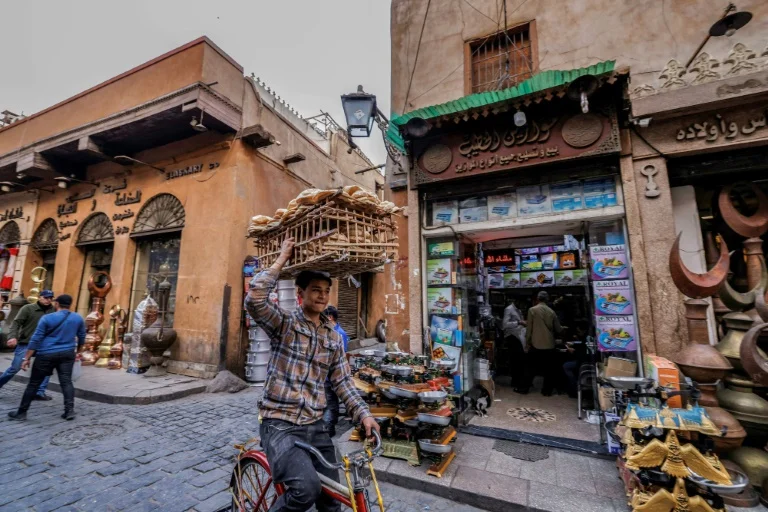
Annual inflation in Egypt hit 39.7 percent in August, official figures showed Sunday, an all-time high for the country as it grapples with a punishing economic crisis. It comes immediately after the previous record of 38.2 percent was recorded in July, and over a year into an unrelenting economic crisis that has seen the currency shed half its value against the US dollar since early last year. Food and drink prices alone registered a 71.9 percent increase compared to August 2022, state statistics agency CAPMAS announced on Sunday, adding to the burden of families struggling to make ends meet.
The situation in Egypt provides several economic lessons that Kenya can take note of, especially when considering the economic vulnerabilities and ensuring long-term economic stability:
1. Vulnerability to Global Shocks:
- Egypt is vulnerable to external shocks, and the events in Ukraine show how geopolitical events can lead to economic consequences in seemingly unrelated economies.
- Lesson: Diversifying trading partners and internal sources of commodities can reduce dependency on a single source.
2. Currency Depreciation:
- Egypt's currency lost half its value against the US dollar, leading to import inflation. Currency stability is crucial for import-dependent nations.
- Lesson: Strengthen forex reserves, encourage local production, and foster healthy trade balances to guard against rapid currency depreciation.
3. Inflation and Living Costs:
- With food and drink prices surging in Egypt, the cost of living increased dramatically. High inflation directly affects the common citizen.
- Lesson: It's essential to monitor essential goods' price stability, possibly through subsidies, and ensure adequate food security measures.
4. Dependency on External Assistance:
- Egypt's dependency on Gulf states and institutions like the IMF indicates an underlying weakness in its fiscal and economic stance.
- Lesson: While external aid and loans can be beneficial, excessive reliance can lead to loss of economic sovereignty and policy autonomy. It's crucial to build strong internal revenue streams.
5. Exchange Rate Regime:
- The IMF's condition for Egypt to move to a flexible exchange rate regime has its pros and cons. While it can absorb shocks, it can also lead to rapid depreciation if not managed properly.
- Lesson: Choose an exchange rate policy suitable for the country's economic context and the nature of its trade and capital flows.
6. External Debt:
- Egypt's tripling external debt bill is alarming. High debt can limit fiscal space, lead to higher interest payments, and reduce the resources available for other developmental needs.
- Lesson: Manage external borrowing wisely, ensuring that loans are directed towards productive sectors that guarantee a return on investment.
7. Social Safety Nets:
- The statistic that 30% of Egyptians live below the poverty line with another 30% close to it shows the vulnerability of a large portion of the population.
- Lesson: Establish and strengthen social safety nets and welfare programs to protect the most vulnerable segments of the population during economic downturns.
8. Investor Confidence:
- The pull-out of billions from Cairo's foreign reserves signifies reduced investor confidence.
- Lesson: Maintain policies that ensure investor confidence, as they play a crucial role in determining foreign direct investments and the overall health of the economy.

.jpeg)